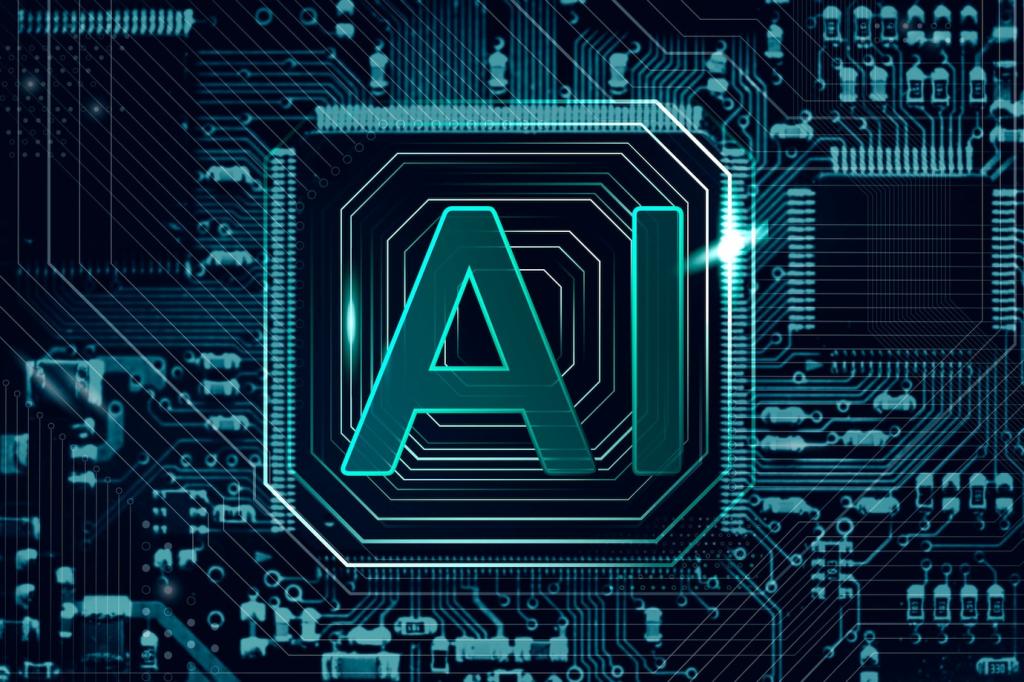Artificial Intelligence is rapidly evolving, heralding transformative changes across numerous industries. As we approach 2025, AI’s integration promises to make our lives more efficient, connected, and innovative. On this page, we explore the promising future applications of AI in the coming year. Each section delves into critical domains where AI’s presence will be increasingly prominent, offering insights into what the future may hold for businesses, healthcare, education, urban environments, and beyond.
AI in Healthcare and Medicine
AI-powered diagnostic systems are expected to make remarkable advances in 2025, providing earlier and more accurate identification of diseases. These systems will leverage deep learning and vast medical datasets to detect conditions such as cancers, genetic disorders, and neurological diseases long before symptoms manifest. Medical professionals will increasingly rely on AI’s ability to analyze complex imaging, pathology, and genetic data, making diagnostics faster and more reliable. This capability will not only improve patient outcomes but also reduce healthcare costs by minimizing misdiagnoses and unnecessary procedures.
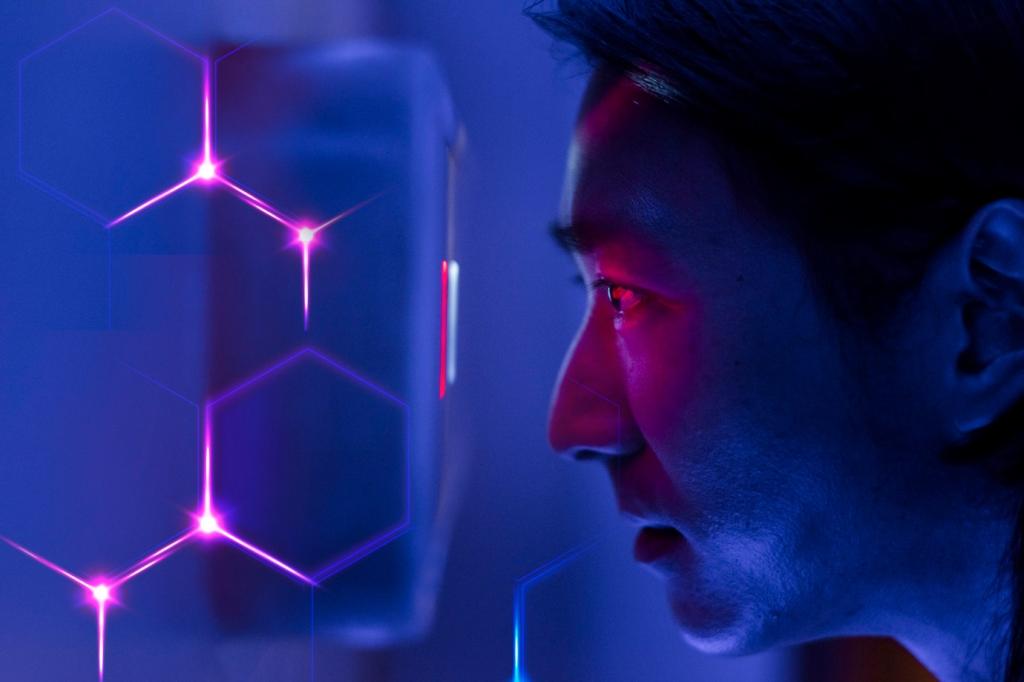
AI in Education and Learning
AI-driven platforms will tailor educational content to each student’s learning style, pace, and proficiency. By continuously analyzing student interactions and outcomes, these systems will dynamically adjust the curriculum, providing targeted exercises and resources. As a result, learners will get the support they need precisely when they need it, leading to increased retention and motivation. In 2025, adaptive learning technologies will democratize access to quality education, enabling scalable and inclusive learning experiences for diverse populations.
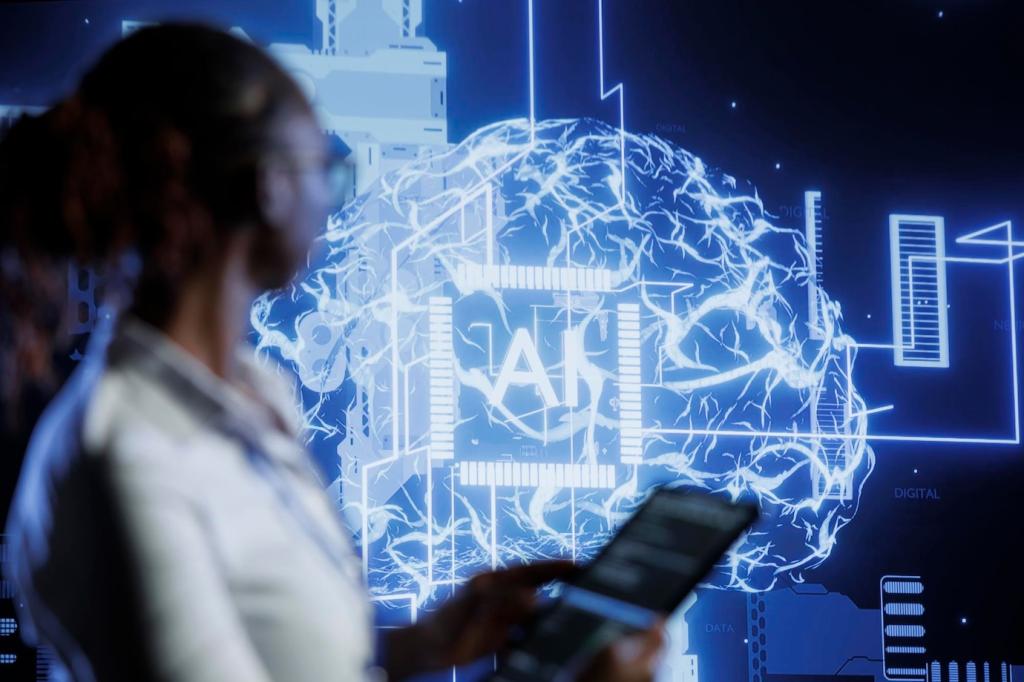
AI in Urban Planning and Smart Cities
AI will enable city planners to proactively maintain and repair critical urban infrastructure such as roads, bridges, and utilities. By analyzing sensor data and historical trends, AI systems will predict when and where maintenance is needed, preventing costly failures and disruptions. In 2025, this predictive capability will extend to water, power, and waste management, ensuring uninterrupted essential services. Efficient resource allocation and timely interventions made possible by AI will help cities save money and improve citizens’ quality of life.
AI in Business and Enterprise

Intelligent Automation of Workflows
AI-powered automation will handle repetitive and time-consuming business tasks, streamlining operations across finance, human resources, supply chain, and customer service. These systems will learn and adapt, identifying areas for continuous improvement and reducing human error. In 2025, businesses will delegate more complex workflows, such as contract analysis and compliance auditing, to AI, enabling employees to focus on strategic and creative responsibilities. This transformation will boost productivity, lower operational costs, and foster organizational agility.
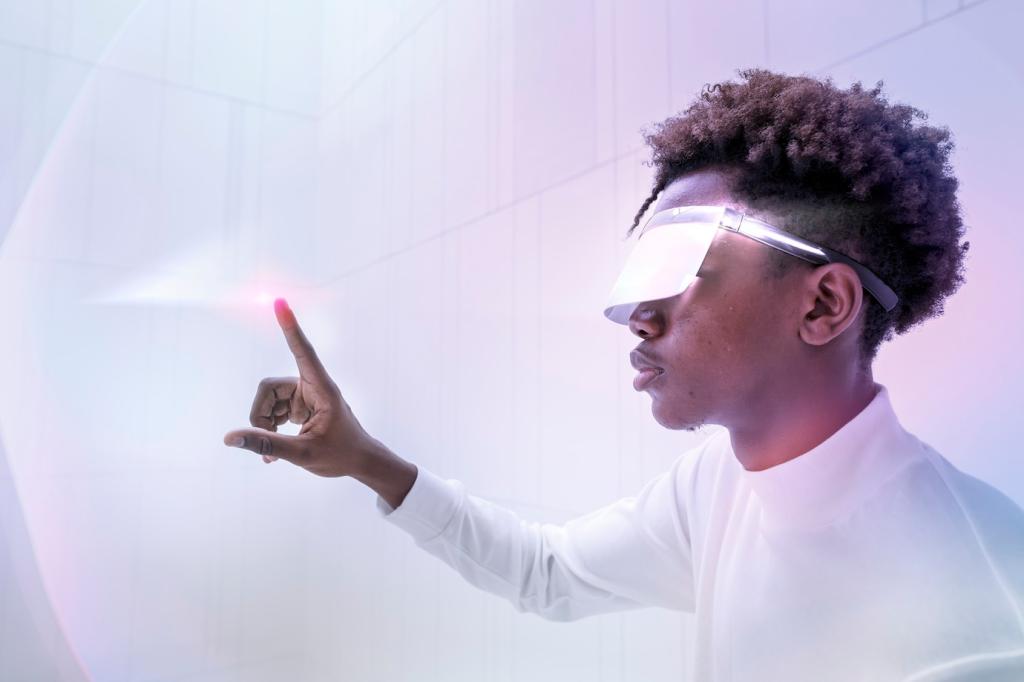
Data-Driven Decision Making
The ability to analyze vast and diverse datasets will empower leaders to make informed, timely, and accurate decisions. By 2025, AI-driven analytics platforms will go beyond simple reporting, offering predictive insights and actionable recommendations tailored to specific business goals. These technologies will account for economic trends, market sentiments, and competitor movements, helping enterprises stay ahead. Decision-makers will gain a competitive edge, as AI uncovers opportunities and identifies risks that may otherwise go unnoticed.
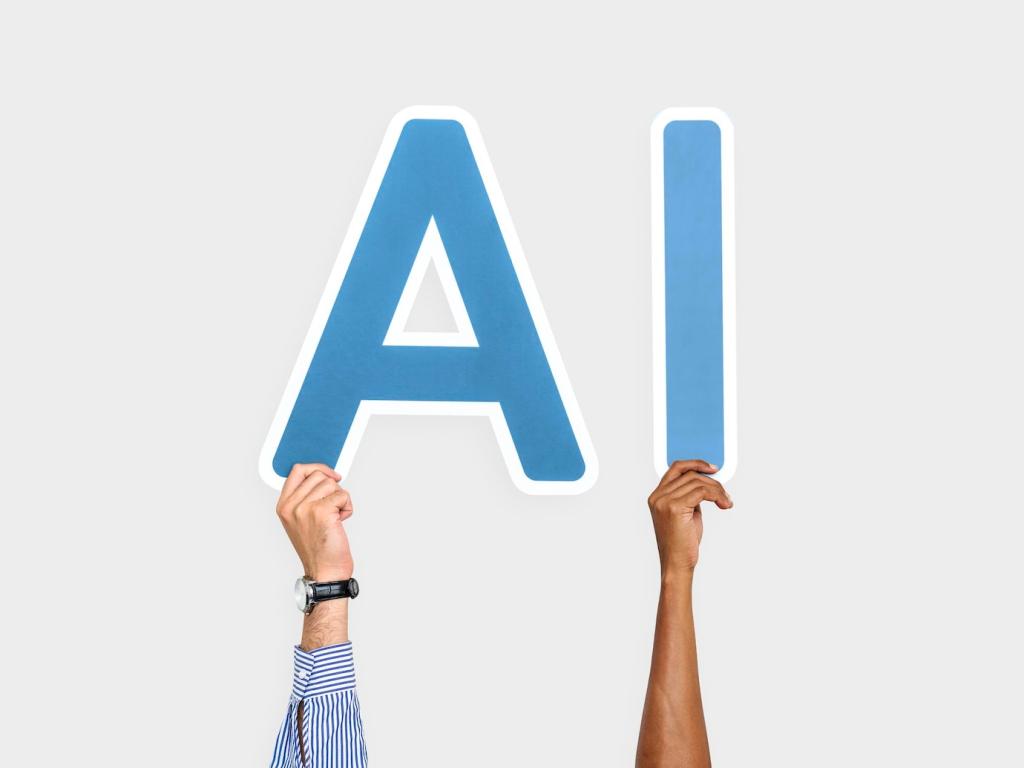
Personalized Customer Engagement
AI will enhance customer experiences by anticipating needs, preferences, and behaviors. In 2025, businesses will deploy conversational chatbots, recommendation engines, and targeted marketing strategies powered by AI to build stronger relationships with their audiences. Customization will extend from product offerings to post-sale support, increasing loyalty and satisfaction. As consumers seek more individualized interactions, AI will ensure that businesses can deliver tailored experiences at scale, cementing long-term customer loyalty.
AI in Transportation and Mobility
Self-driving technology will make significant strides, with AI at the core of navigation, perception, and decision-making capabilities. By 2025, autonomous vehicles will not only be more prevalent on roads but also safer and more reliable, adapting smoothly to complex traffic scenarios. These advancements will influence everything from private cars to public buses and freight transport. AI’s continual learning from vast datasets will further minimize accidents, making autonomous mobility a feasible mainstream option for society.
AI’s ability to optimize routes, predict maintenance needs, and manage large fleets will revolutionize logistics. By analyzing weather, traffic, and delivery schedules in real time, AI systems will minimize delays and reduce environmental impact. In 2025, logistics companies will leverage AI to coordinate automatically with warehouses and end recipients, streamlining every link in the supply chain. This intelligence will ensure faster deliveries, cost savings, and improved customer satisfaction in a fiercely competitive market.
AI-enabled public transportation systems will offer personalized and responsive services to commuters. By 2025, route planning apps will use AI to recommend the fastest, safest, and most convenient options, factoring in real-time disruptions. Micro-mobility solutions such as e-scooters and bike-shares will be integrated with mass transit, using AI to ensure vehicles are available at the right place and time. The result will be seamless, intermodal transportation experiences that empower urban populations with flexible, efficient, and environmentally friendly mobility choices.
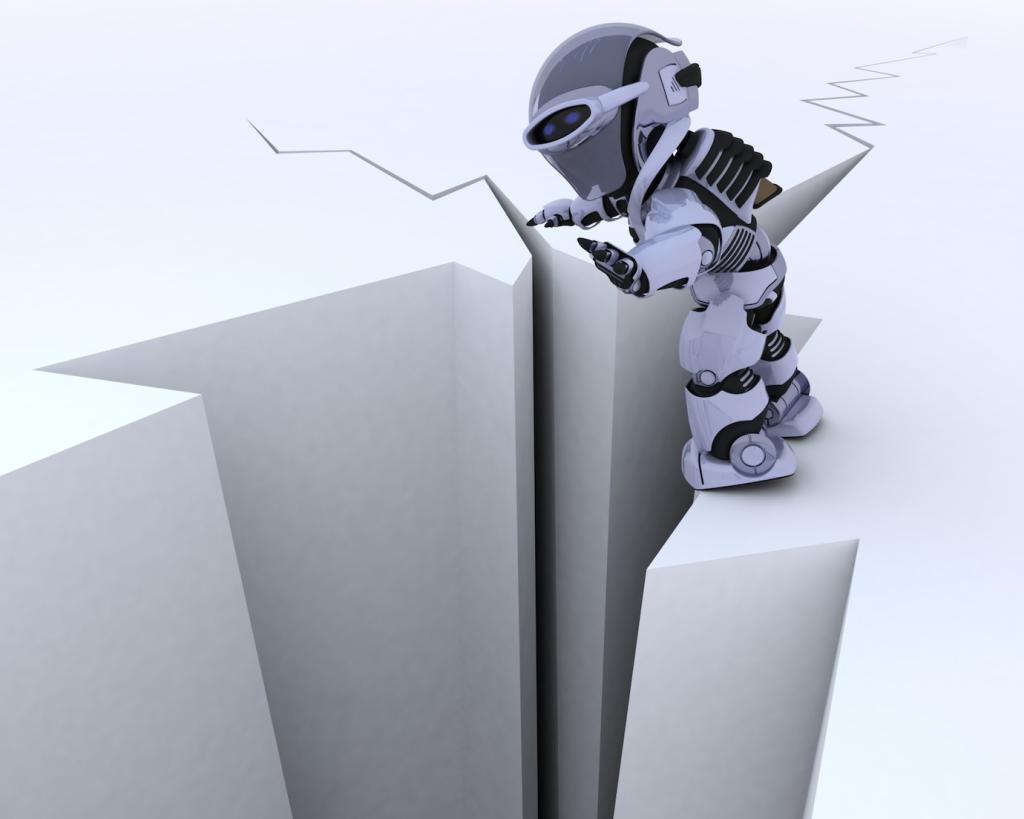
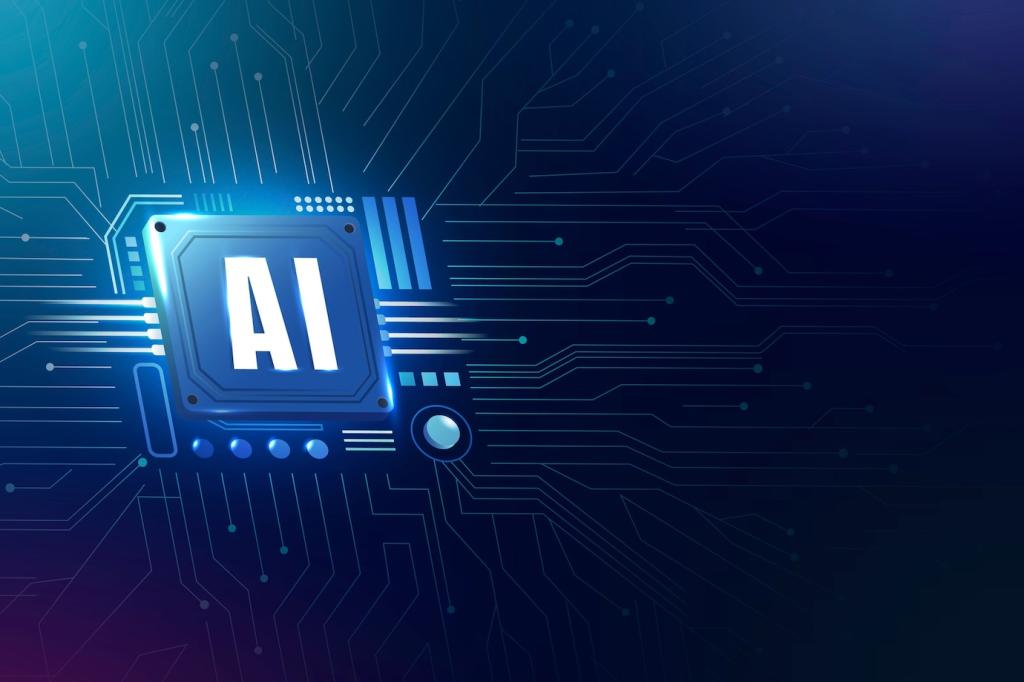
Previous slide
Next slide
AI will empower creators—writers, musicians, videographers, and artists alike—to generate unique content efficiently and imaginatively. By 2025, AI models will compose music, write scripts, design graphics, and even create virtual worlds with minimal human input. This democratization of creativity will expand access to high-quality content while offering new modes of artistic collaboration. As AI learns and adapts from human feedback, the resulting creations will blend machine ingenuity with human sensibilities, producing original and emotionally resonant works.
